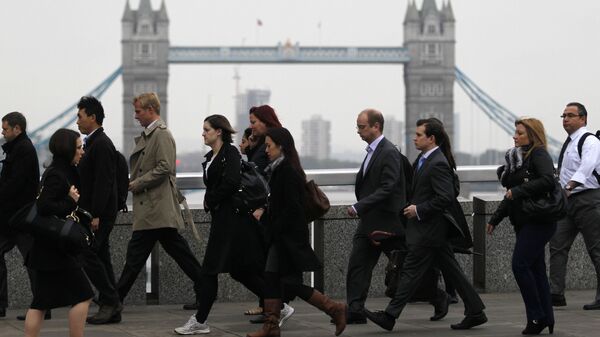Deloitte surveyed the 2,242 non-UK workers in order to analyze various challenges, such as skills shortage, the UK government could face following Brexit.
"For workers outside the UK, Brexit had a limited impact on perceptions, with only 21 per cent saying they now find the UK less attractive. But for non British workers inside the UK the story is different with 48 percent respondents overall now finding the UK either a little or significantly less attractive," the report said.
According to the research, 36 percent of the non-British workers, based in the United Kingdom, are considering to leave the country.
"The starkest element of these results is that highly-skilled workers are, by their own account, most likely to leave the UK. Nearly half of all highly-skilled EU workers (47 per cent) say they are considering moving within five years, while 38 per cent of highly-skilled non-EU workers say the same," Deloitte noted.
"Overseas workers, especially those from the EU, tell us they are more likely to leave the UK than before. That points to a short to medium term skills deficit that can be met in part by upskilling our domestic workforce but which would also benefit from an immigration system that is attained to the needs of the economy," Senior Partner and Chief Executive of Deloitte North West Europe David Sproul was quoted as saying in the report.
In 2016, almost 11 percent of workforce in the United Kingdom was represented by non-British workers with EU nationals and non-EU nationals amounting 2.2 million and 1.2 million people, respectively. Health care, social work, manufacturing and service sectors are among the areas having the largest number of foreign workers in the country.
On June 23, 2016, the United Kingdom held a referendum on leaving the European Union. A majority of 52 percent voted to leave the bloc, while 48 percent cast their ballot against the idea. In late March, May told BBC One that her government had to "make sure that people here in the UK have the skills they need to take the jobs here so that businesses don't feel they have to reach out overseas to bring people in all the time."




